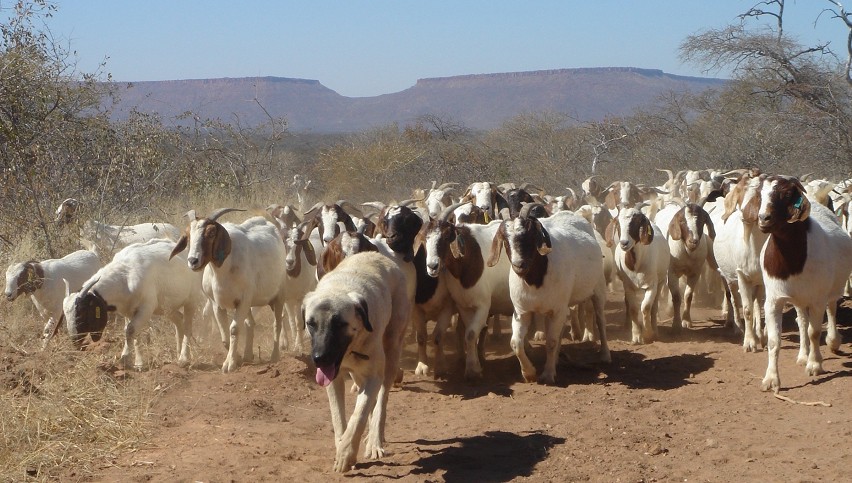While the Cheetah has suffered a horrific fall in range and numbers in the world over the last century, there are some hopes for the species.
Cheetah are not big cats- this means that they often struggle to thrive in small reserves alongside other big cats. What this has meant is that in many countries there are more cheetah outside reserves than inside reserves. This is primarily the case in Southern Africa, in particular Botswana, Namibia, South Africa and Zimbabwe where the most free ranging cheetah currently live. To a lesser extent, there are also free ranging cheetah in east Africa in Tanzania and Kenya.

In many of these countries, the number of cheetah outside any protected land is greater than the number within protected land. Furthermore, these free ranging cheetah allow the transfer of genes, allowing the population to operate as a mega population. Given the cheetahs need for a lot of space, small reserves are often only capable of supporting a small number of cheetah.
Other places where wild carnivores roam free include Europe, where animals such as wolves and bears have never been restricted to protected areas. Here, what has been done is to introduce Guard dogs who live with the livestock. The dogs live with the livestock all the time, and quickly come to see the livestock as part of their family group. As a result when wolves or bears attack the dog will protect the livestock. More importantly, the dogs have a deep bark which shows their size. Wild animals such as wolves and bears will avoid fighting if possible, as an injured animal is incapable of hunting and is therefore less likely to survive. As a result, it has been shown that these barks are often more than enough to drive away predators from trying.
Cheetah are highly delicate animals. They are the fastest land predator alive, but are also incredibly light. Given that their speed is what they rely on so heavily for hunting, if they are injured they too can starve. This means that an animal like a guard dog is likely to be exceptionally successful. Cheetah will simply avoid farms with guard dogs. This means less livestock lost, and less cheetah lost.
The longest running use of these dogs is in Namibia, where 90% of the cheetah population lives outside protected areas. Over the last 25 years, a cheetah conservation fund has supplied Anatolian Shepherds to farmers as livestock guarding dogs. Records show that these dogs have reduced livestock losses by 91%.











